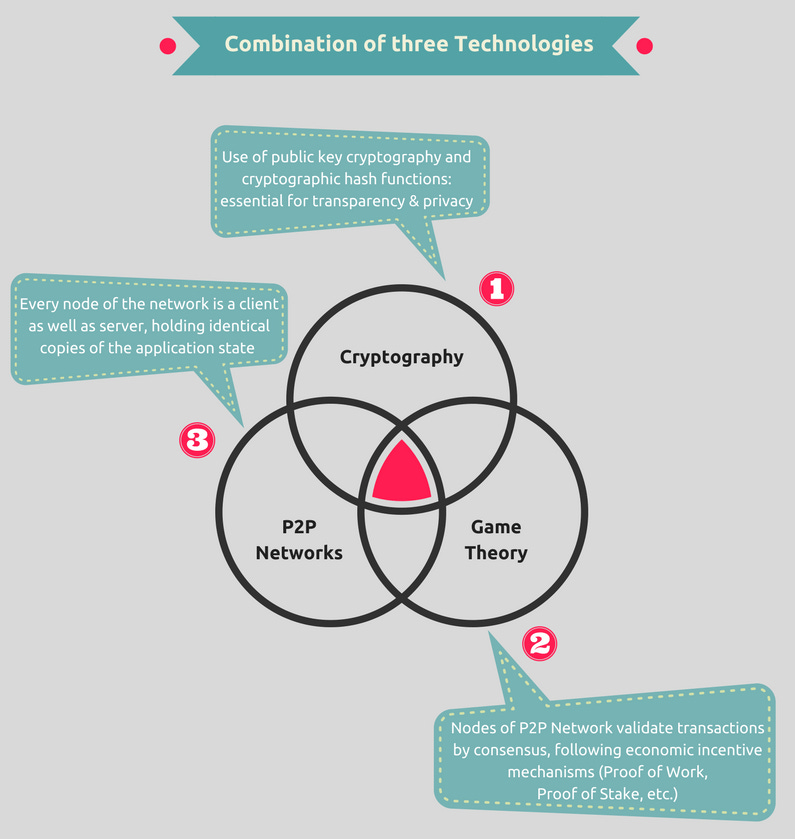Cryptospace Spotlight 2022 #10 (6 Mar 2022)
Debates on decentralization as bans and sanctions happened, SEC is looking at fractional NFTs and Ukraine airdrop initiative sparks spoofing event!
Technology and Industry
Terra, Avalanche and Osmosis lead the L1 recovery while Bitcoin searches for support, hinting that a DeFi revival could be in store. [more]
For example, Osmosis, a decentralized exchange in the Cosmos ecosystem, has “outperformed other major peers over the last few months by a substantial margin.” The strength shown by OSMO is in part due to the success of Cosmos, which had a strong close to 2021 as its thesis of interoperable app-chains has finally started to come to fruition in recent months.
South Korea’s Ministry of ICT, Science, and Future Planning pledged 223.7 billion Korean won ($186.7 million) to create a broad metaverse ecosystem to support the growth of digital content and corporate growth within the country. [more]
State Street Corp. is working with U.S. regulators to ensure it’s in position to roll out custodial services for cryptocurrencies once approved, in the latest sign of traditional finance converging with digital assets. [more]
Popular burger chain Shake Shack (SHAK) is running a promotion in which customers can receive bitcoin as a reward for purchases made using Block’s (SQ) Cash App. Major e-commerce marketplace eBay indicated interest to integrate crypto payments, said CEO Jamie Iannone in a recent interview. [more-ShakeShack] [more -eBay]
NFTs
The Nikkei reported that Japan’s Bank of Tokyo-Mitsubishi UFJ (MUFG) is partnering with Animoca Brands for non-fungible tokens (NFTs). [more]
Previously, MUFG introduced its stablecoin platform called “Progmat Coin,” a blockchain-based system for issuing and managing stablecoins pegged on a 1:1 ratio to the Japanese yen.
Snowcrash announced the launch of its NFT trading platform and a partnership with Sony Music Entertainment and Universal Music. [more]
Decentralization in question
OpenSea updated banned countries list, sparking decentralization debate. It confirmed that it blocked users based on the U.S. sanctions list. [more]
Ethereum's Infura cuts off users to separatist areas in Ukraine, but accidentally blocks Venezuela. [more]
Venezuelan users of two major ConsenSys software products, MetaMask and Infura, found themselves all but cut off from the Ethereum network today, with many reporting they had been blocked from their wallets.
Infura, which hosts Ethereum nodes and operates blockchain infrastructure on behalf of companies, says the problem was accidental and has been resolved. It came about, Infura says, due to accidentally reconfiguring settings "more broadly than they needed to be" to comply with "new sanctions directives."
MetaMask tweeted that the Infura reconfiguration resulted in a knock-on effect for wallet users—but that users weren't blocked. It also highlighted that “MetaMask accesses the blockchain via Infura, which is unavailable in certain jurisdictions due to legal compliance."
Regulatory
The Swiss federal government plans to freeze crypto assets owned by Russian citizens and businesses held within Switzerland's borders. [more]
Crypto exchanges say they will comply with sanctions but refuse to impose a unilateral ban on Russian accounts. “Some ordinary Russians are using crypto as a lifeline now that their currency has collapsed,” Armstrong said in a tweet Friday. [more]
BitMEX founders Arthur Hayes and Benjamin Delo pleaded guilty to violating the U.S. Bank Secrecy Act (BSA) in federal court, the U.S. Department of Justice said. Hayes and Delo were accused of violating the BSA by operating BitMEX, a crypto spot and derivatives trading platform, to operate with poor anti-money laundering (AML) protocols. The two each pleaded guilty to one count of violating the BSA on Thursday. They could face a maximum of five years in prison, though their actual sentences will be decided by a federal judge later. [more]
The SEC is especially seeking information on fractional NFTs — crypto assets that have been divided or securitized, allowing many investors to own a fraction. NFTs can be deemed securities if they pass the “Howey Test,” a regulatory standard used to determine if a transaction has an investment contract. [more]
SEC Chair Gary Gensler is urging the biggest cryptocurrency exchanges — like Coinbase, BlockFi, and others — to voluntarily register with the SEC. But he says “the law is clear” on that issue. “It's a question of whether they're registered or they're operating outside of the law and I'll leave it at that,” he said. [more]
What is Howey Test?The Howey Test refers to SEC v. W.J. Howey Co., which reached the Supreme Court in 1946. Howey Company sold tracts of citrus groves to buyers in Florida, who would then lease back the land to Howey. Company staff would tend to the groves and sell the fruit on behalf of the owners. Both parties shared in the revenue. Most buyers had no experience in agriculture and were not required to tend to the land themselves. Howey had failed to register the transactions and the U.S. Securities and Exchange Commission (SEC) intervened. The court's final ruling determined the leaseback arrangements qualified as investment contracts.
In doing so, the Supreme Court established four criteria to determine whether an investment contract exists. An investment contract is:
An investment of money
In a common enterprise
With the expectation of profit
To be derived from the efforts of others3
In the case of Howey, the buyers of the Florida citrus groves saw the transactions as valuable primarily because the labor and expertise were provided by others. Buyers only needed to invest capital to access an income stream. This classified the transaction as an investment contract under what is now known as the Howey Test, and therefore it needed to be registered with the SEC. [more]
Security
Convex Finance’s smart contract bug prematurely unlock a huge portion of its token’s circulating supply, sending markets into disarray. [more]
After a smart contract exploit, locked CVX tokens flooded the market, dragging down prices.
Convex Finance team wrote that it had redeployed the contracts responsible for the vote-locking governance mechanism after the discovery of a bug that would have granted certain users disproportionate rewards
“There were no instances of [the bug] being used prior to deployment of the new vlCVX contract. However, since Convex Finance contracts are immutable and non-upgradeable, a new contract had to be deployed. The new vlCVX contract has implemented a fix for this potential bug going forward,” the team wrote in a blog post.
The hacking group LAPSUS$, which is claiming responsibility for compromising Nvidia servers and stealing over 1TB of data last week, has issued it's ransom demand: Remove the mining hashrate limiters on the company's RTX 3000-series graphics cards. [more]
An airdrop of peaceful world (WORLD) tokens that appeared to come from Ukraine's crypto addresses might have been a spoof, blockchain analysts said. [more]
The airdrop started shortly after CoinDesk reported Ukraine appeared to be seeding liquidity pools on Uniswap with WORLD tokens.
PeckShield issued a warning that the Peaceful World token is a scam. The scammers sent most of the WORLD tokens to the address of 'Ukraine' and then moved the tokens to other addresses. The airdrop was never performed by the Ukrainian government. [more]
It is extremely important to note that scammers will seize any opportunity to defraud investors and cryptocurrency traders. When a new token is released, steps must be taken to ensure its authenticity.
Coffee-chat
Ukraine has received millions in tracked crypto donations so far. But at the same time, Ukraine fundraisers bring out the best, and worst, in crypto. Perhaps partly due to the attempted Sybil attack and spoofing, the Ukrainian government has canceled a planned crypto airdrop and will go for NFTs instead. [more-1] [more-2] [more-3]
Pic of the week


